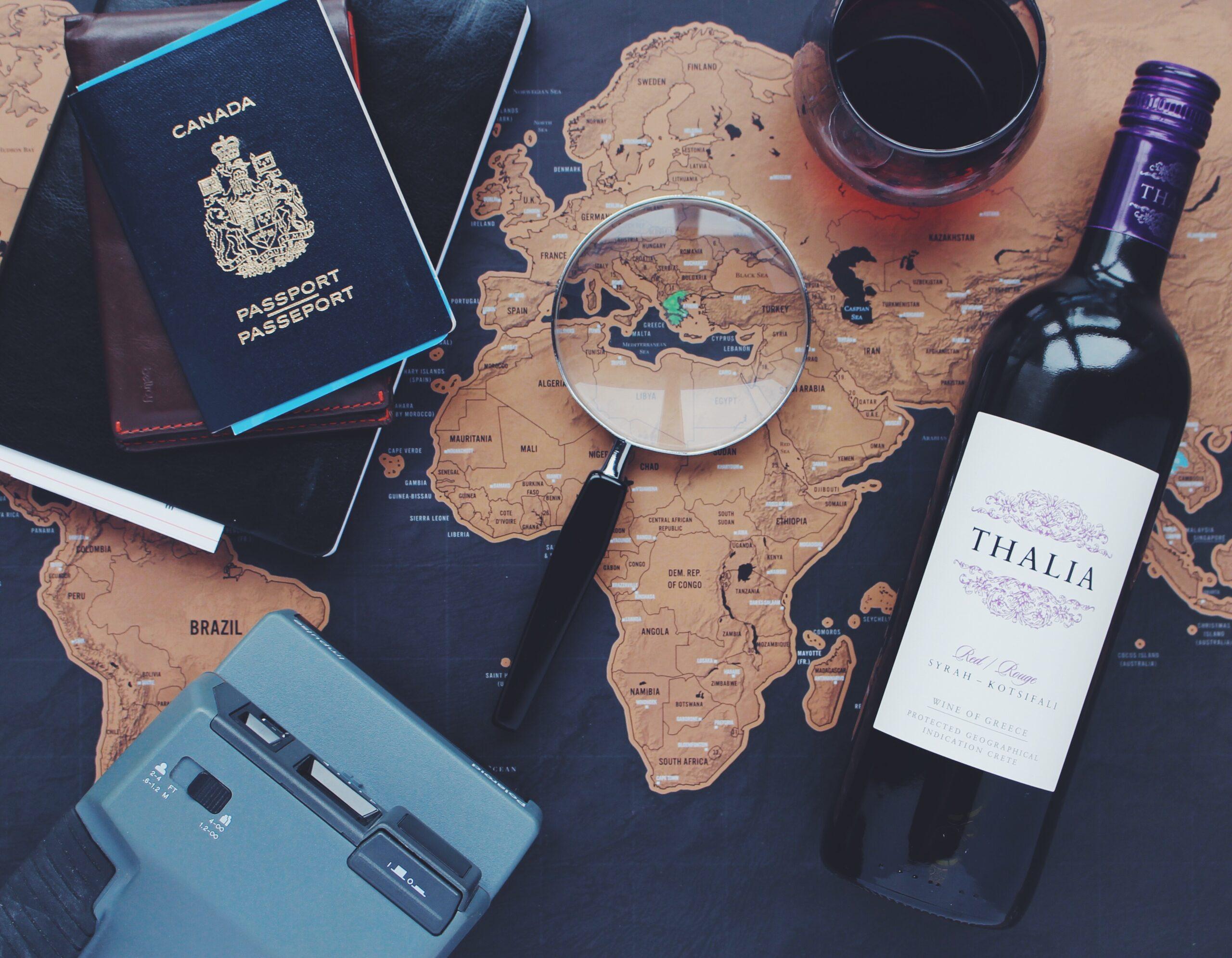
Investment into dual nationality programmes has increased over the past decade, with much of the trend attributable to international families wishing to protect their future and to be free from security threats. Europe, the Middle East, and Northern Africa have been vulnerable targets for terrorism, with the November 2015 Paris, Beirut, and Mali attacks serving as prime examples. Europe and the Middle East are also in the midst of one of history’s most dire refugee crises, with 6.5 million people displaced from war-torn Syria in 2014 alone. Dual nationality has become a security blanket for those who wish to protect themselves and their loved ones – and with the news continuously focusing on the immigration crisis and the threat of terror, it is no surprise that the concept of second citizenship has been adopted by more and more people across the globe.
Many of those choosing this path value speed, especially where it is important that they shelter their families from harm. For this reason, the citizenship by investment programmes of the Caribbean. More specifically, the nations of Dominica, Grenada, and St Kitts and Nevis all process citizenship applications in three months, and are today’s most sought-after programmes.
Citizenship by investment in these three nations may be obtained by either contributing to a national fund supporting the economic development of the islands, or by investing in government-approved real estate projects.
For example, in the Federation of St Kitts and Nevis, which was the first-ever nation to establish citizenship by investment, applicants may make a contribution to the Sugar Industry Diversification Foundation (SIDF). The SIDF supports the country’s transition away from sugar farming, and spurs the creation of local jobs and economic growth. Alternatively, applicants may choose to invest in luxury real estate developments, including shares of 5-star world-class hotels. Similarly, in Dominica applicants may contribute to the Economic Diversification Fund (EDF), while in Grenada applicants may donate to the National Transformation Fund (NTF).
Importantly for those who hold security close to their hearts, these Caribbean nations impose strict due diligence procedures on their applicants, ensuring that only individuals with clean histories are granted citizenship and the consequent right to reside on the islands. Dominica, for example, is renown for its transparent citizenship processes, and St Kitts and Nevis has recently implemented key changes to ensure strong applicant vetting and security checks. Grenada is the Caribbean’s safest island.
For those global families concerned with political stability, these English-speaking Caribbean nations offer democratic rule, and a tested legal system entrenched in English common law. Furthermore, Dominica, Grenada, and St Kitts and Nevis are all part of the Commonwealth of Nations and Caribbean Community (CARICOM), enabling close and peaceful relations with the international community.
Finally, with their advanced healthcare system, their business-friendly laws, their low tax regimes (including no tax on capital gains, inheritance or income from foreign earnings), their spectacular natural settings, and their year-round sunshine, Dominica, Grenada, and St Kitts and Nevis can all assure internal – as well as external – peace and tranquillity.
In today’s volatile, global environment, the value of security cannot be underestimated.
Micha-Rose Emmett, CS Global 15/03/2016
This post is sponsored by CS Global. For more information, visit www.csglobalpartners.com
